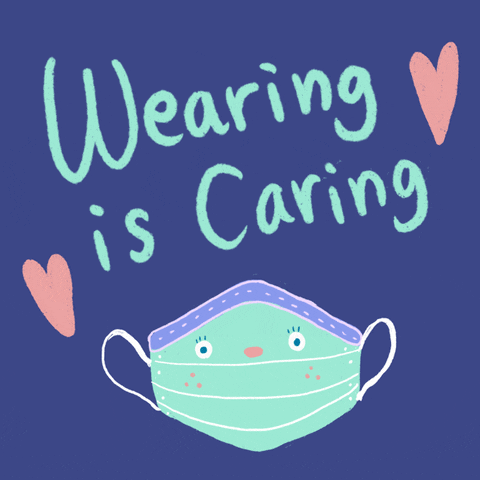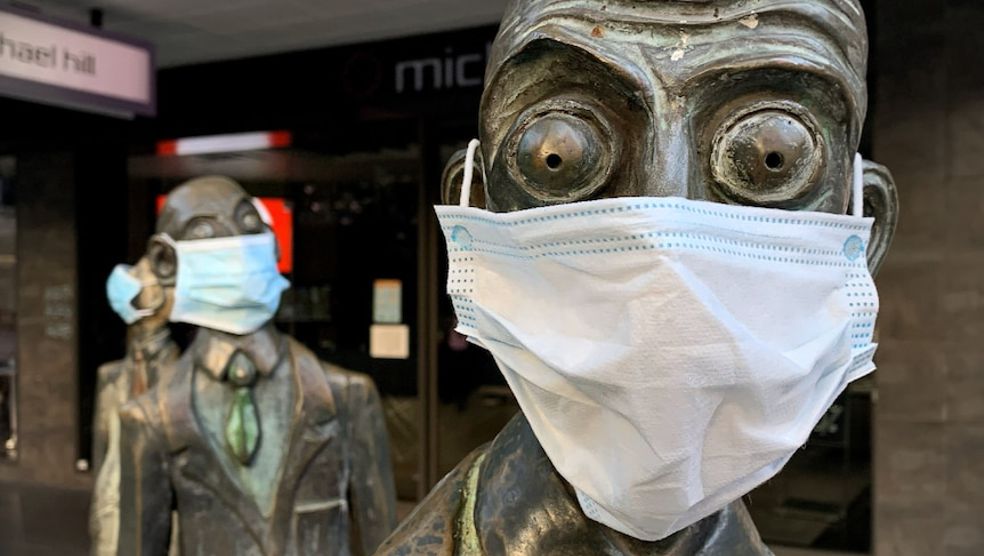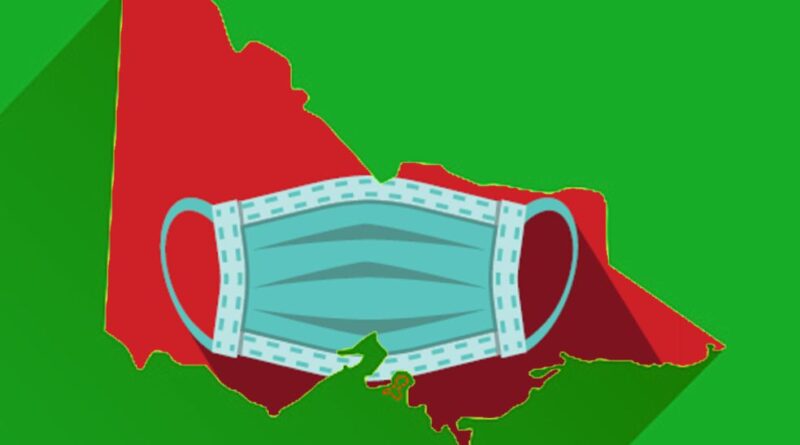VIC Health urged wearing masks due to increase COVID-19 cases
Face masks are no longer mandatory in most places in Australia.

But each state and territory has its own advice about face coverings and COVID-19 —so the advice is slightly different depending on where you are.
Victoria’s acting chief health officer Dr Christian McGrath urged Melburnians to consider wearing masks to stop the spread of the virus.
Community transmission of COVID-19 is increasing across Victoria.
This is an expected part of the ongoing evolution of COVID-19 in the community, as our immunity from both infection and vaccination wanes with time and COVID-19 continues to circulate.
These increases do not appear to be linked to a single new variant Pirola.

During this time, it is especially important that those at greatest risk of severe consequences of COVID-19 are supported to reduce their risk – this includes people aged 65 and above, with a disability or chronic medical condition and Aboriginal and Torres Strait Islander people.
The best way to prevent those you love from getting infected is to protect yourself. If you don’t get COVID-19, you can’t spread COVID-19.
These 6 steps can help you stay ahead of COVID-19:
• Wear a mask: a high-quality and well-fitted mask can protect you and others from the virus.
• Get vaccinated: stay up to date with your COVID-19 vaccine. ATAGI has recently recommended an additional booster vaccination for adults over 75 years of age. Vaccines are available at your GP or local pharmacy.
• Let fresh air in: open windows and doors when you can – it reduces the spread of the virus.
• Get tested: if you have symptoms, take a rapid antigen test (RAT). Free RATs are available at your local council.
• Stay at home: if you have COVID-19, you should stay at home for at least five days and until you have no symptoms. Speak to your GP if symptoms worsen.
• Talk to your doctor: if you are at risk of falling very sick, you may be eligible for COVID-19 antiviral medicines. You must take these within 5 days of developing symptoms.

You should not visit high-risk people if unwell or have symptoms.
Health services and other settings where the risk of COVID-19 transmission and impact is particularly significant are recommended to take actions based on local risk assessment and as outlined in updated COVID-19 guidance.
The Department of Health will continue to monitor surveillance indicators and keep the public informed of when COVID-19 transmission returns to a low level of activity.



